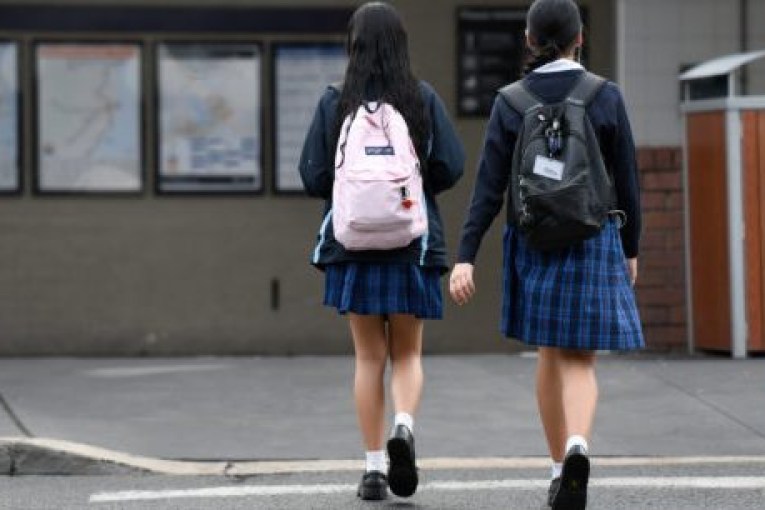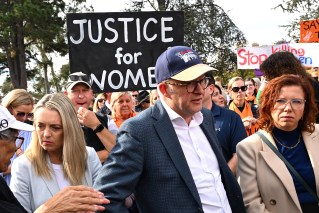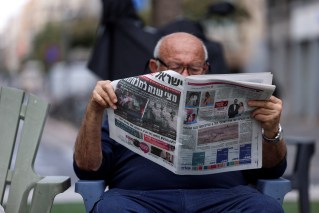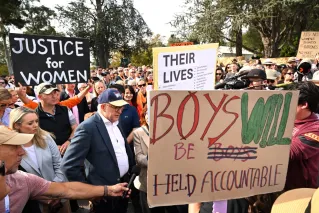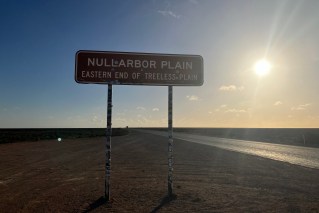It’s finally time for the State Government to stop being bluffed by casinos
Successive, cash-hungry Queensland governments have given in to casino demands for special treatment. Evidence at the NSW Star inquiry suggests they should have been playing a harder game, writes Robert MacDonald.

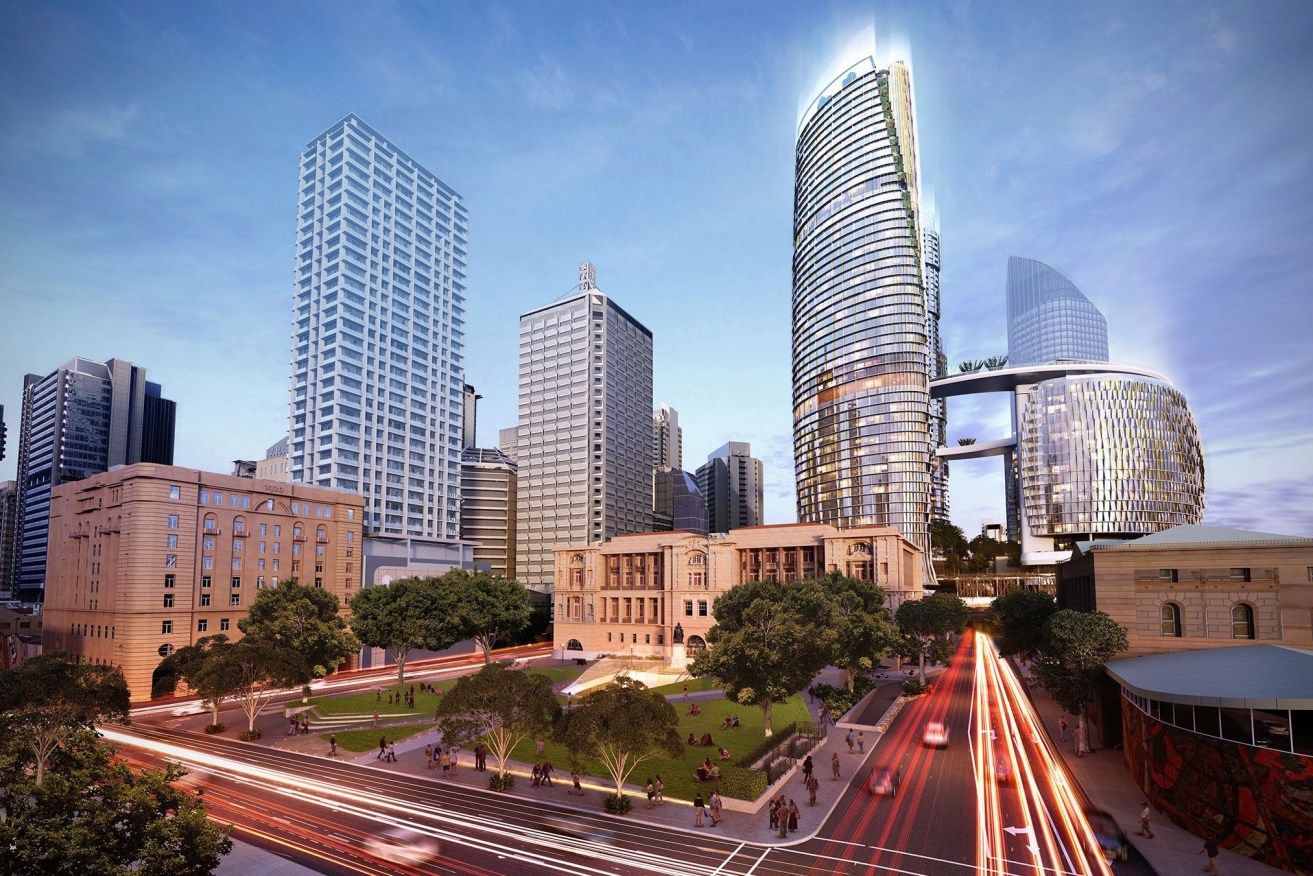
An artist's impression of the Queen's Wharf development. (Picture: State Development)
If state lawmakers were better poker players, casino owner and Queens’ Wharf project partner Star Entertainment Group mightn’t be in the mess it’s in today.
When the Bjelke-Petersen Government legalised casinos 40 years ago, its oversight laws – modelled on Nevada’s – were regarded as being as tough as any in the world.
Queensland’s casino operators have been chipping away at the Casino Control Act 1982 and its associated bits of legislation ever since – winning all sorts of concessions, from 24-hour liquor licences to exemptions from local planning laws.
They’ve typically presented government with a well-polished argument along the lines of, “If you don’t give us what we want, we’ll become uncompetitive and won’t be able to keep investing locally”.
And state governments, grown addicted to gambling tax revenue, have just as typically folded rather than call their bluff.
Some random examples:
The 1982 Act banned serving drinks at gaming tables to make sure operators wouldn’t ply players with alcohol to impair their judgement.
The Goss Government lifted the restriction in 1995, addled punters be damned.
“Other jurisdictions have not imposed this restriction on their operators, and the situation has therefore developed where Queensland operators are now placed at a disadvantage in the industry,” explained then-Treasurer Keith de Lacy.
A year later, the new Borbidge Government halved the high roller gambling tax applicable to the Brisbane and Gold Coast casinos – from 20 per cent to 10 per cent.
The reason? “To permit Queensland casinos to compete with casinos in other jurisdictions which now have a significant tax advantage in respect of premium play revenues.”
In 2011, the Bligh Government decided that gamblers on casino junkets needed to commit to spending only $10,000 rather than the previous $50,000.
The reason? Once again, “to make Queensland more competitive in attracting interstate and overseas clients”.
In 2019, the Palaszczuk Government rejected a suggestion from an expert panel into alcohol-fuelled violence that casino trading hours be restricted.
The reason? “The government considers removal of 24-hour trading hours would be inconsistent with the government’s plans for creating a ‘new world city’ for Brisbane,” according to then Attorney-General Yvette D’ath.
It’s not just Queensland that’s proven to be a soft touch for the casino operators. The recent inquiries into Crown’s casino operations in Victoria, New South Wales and Western Australia suggest a similar pattern of regulatory acquiescence.
Which gets us to Star’s current travails.
Imagine if, instead of being dazzled by the money, state governments had occasionally stood up to the casinos and called them on their well-honed bluffing.
And perhaps even occasionally put them the fear of God into them – “Here’s what the rules say. Stick to them or else.”
Perhaps then we wouldn’t have the extraordinary flouting of the rules alleged in the evidence presented to the current NSW Liquor and Gaming Authority inquiry into Star’s Sydney casino – money laundering, criminal infiltration and reporting failures among them.
Perhaps Star wouldn’t have senior casino executives, to use the language of Star director Sally Pitkin’s evidence to the inquiry, “indifferent to legal and ethical standards”.
Perhaps it wouldn’t have apparently previously unaware directors resigning in the light of this evidence — executive chairman John O’Neill, the latest among them. He announced his planned departure on Friday.
We’ll have to wait for the inquiry’s final report to see which of the various claims of bad behaviour stick, and what action the NSW regulators might recommend in response.
And then, of course, we’ll have to wait to see how Queensland’s gaming regulator will respond.
But the evidence to date does raise a fundamental question.
Don’t you think if you were running a business so utterly reliant on staying in the government’s good books, you’d make sure no one in your organisation did anything at all that could threaten your licence to operate?
Is it perhaps that after decades of getting their own way, casinos have grown used to the idea that when push comes to shove, the states can be reliably counted on to fold?
I could be wrong of course. Perhaps in a Queensland Government office somewhere there’s a drawerful of rejected try-ons from the casinos.
Perhaps the Government has in fact won lots of poker games with the casino operators, which we just haven’t heard about.
What you can say for now though is the Palaszczuk Government is maintaining an impressive corporate poker face when it comes to questions about how it’s responding to the NSW Star inquiry.
“Office of Liquor and Gaming Regulation investigations relating to media allegations about Queensland casinos operated by the Star Entertainment Group are continuing in liaison with the Queensland Police Service and Austrac,” Attorney-General Shannon Fentiman said in answer to a Question on Notice last November.
“It is not appropriate to comment further on an open investigation.”
Perhaps not but sooner or later, the Government is going to have to shine a light on what Star has been up to in Queensland.
This time, folding is definitely not an option.
